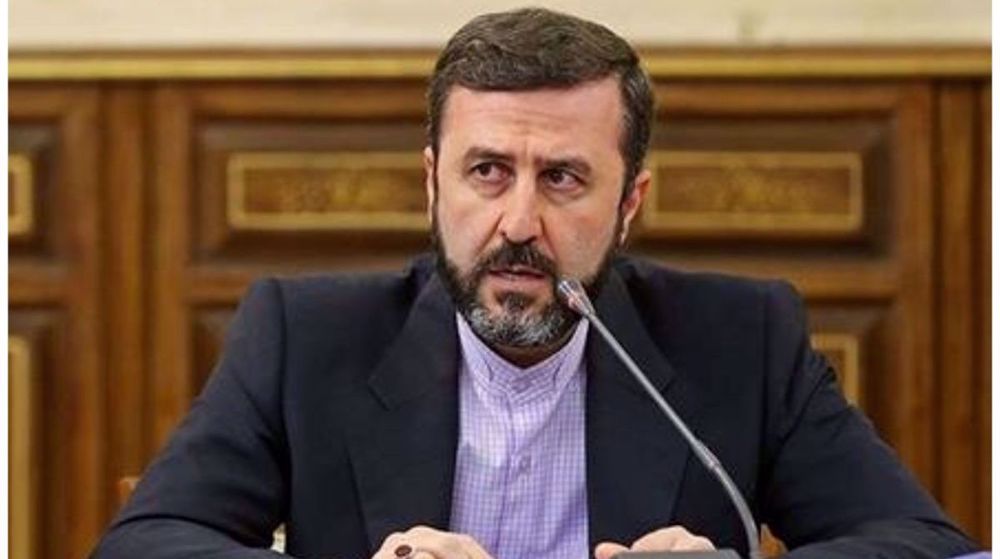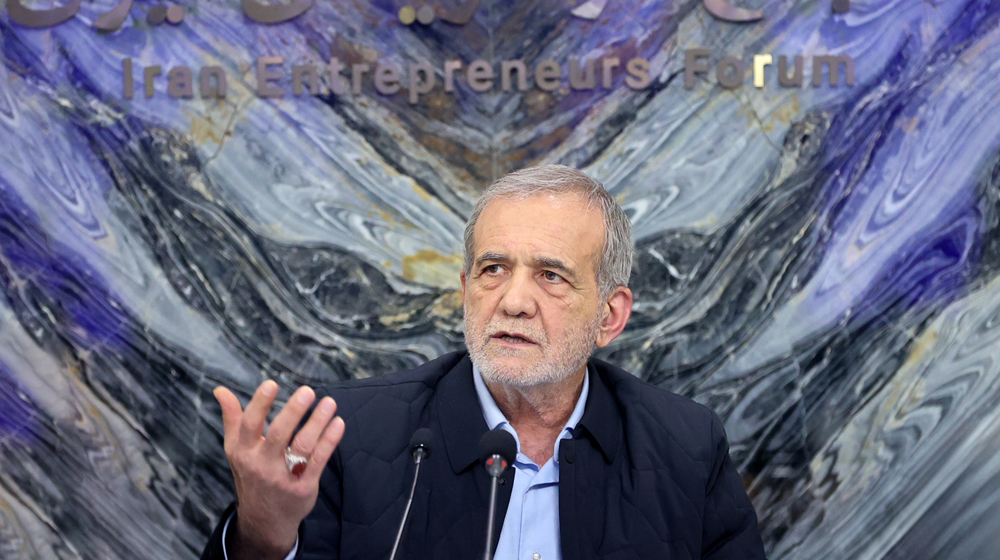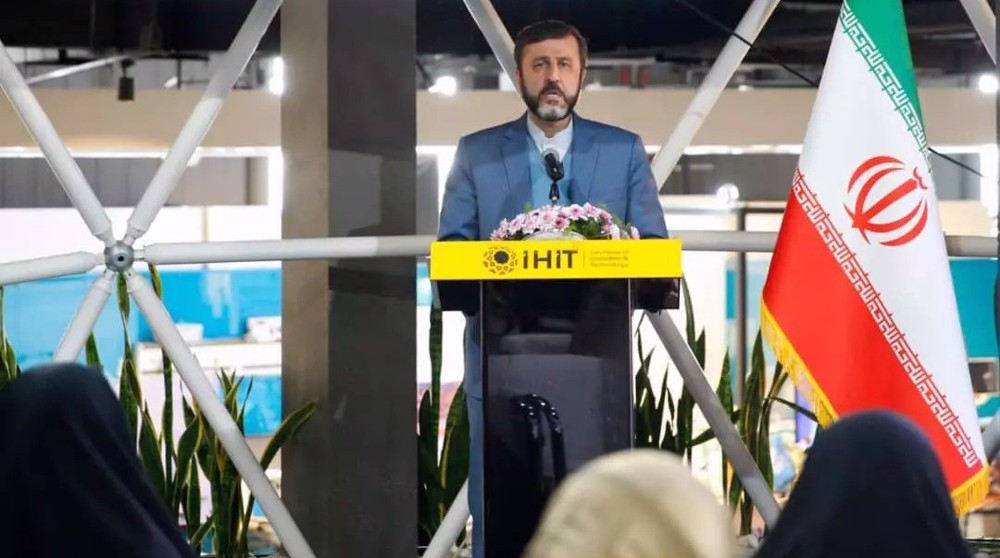Factbox: Iran’s City, Village Councils Elections
Four types of elections are routinely held in Iran: to elect (1) a president, (2) members of the Iranian Parliament, or Majlis, (3) those of the Experts’ Assembly, and (4) the City & Village Councils.
The president is the chief executive of the country. Members of the Parliament are tasked with legislating. The Experts’ Assembly is the body responsible for choosing a leader for the country if the need arises. And members of the City & Village Councils are assigned to handle the public affairs of cities and villages.
Iran has 31 provinces, 1,245 cities, 1,057 counties, and 2,589 villages. Some 73 percent of Iranians live in cities and the rest in villages.
All villages, counties, and cities have their own Councils, the number of whose members varies between three to 21 people, depending on the areas’ population.
Overall, the City and Village Councils have a total of 39,575 seats.
Although, as per the Islamic Republic of Iran’s Constitution, City & Village Councils are one of the main pillars of national administration, problems in the early days of the revolution in 1979 and then the 1980-88 Iran-Iraq war had their elections delayed for a total of 20 years.
Who qualifies to contest City & Village Council elections?
To become a member of a City or Village Council in Iran, you must be over 25 years of age, follow Islam or the other religions recognized in the Iranian Constitution, have done your military service, have no criminal convictions, and submit to the Guardianship of the Islamic Jurist.
Vetting and conduct
Unlike the presidential election, the Guardian Council of the Constitution does not have jurisdiction over the City & Village Council contests. Instead, there is a five-member parliamentary committee in charge of vetting the candidates and overseeing the proper conduct of the polls.
Like other popular elections, though, the Interior Ministry’s Election Office is responsible for the candidates’ registration.
The candidates have a week’s time to campaign. Campaigning regulations are strict and one is not allowed to advertise against another.
These elections are held on a Friday — which is the weekend in Iran — jointly with the presidential elections. Traditionally, the twin polls are held in May.
Afterward, the names of those elected will be announced by executive electoral committees. The announcements mark the beginning of four-year term for the victors.
Read more:
Who can vote?
Every compos mentis Iranian above 18 can vote in a given constituency, provided that his or her residence in the area has exceeded one year.
Even prisoners and convicts can cast their ballots, unlike certain countries like the US, where millions of people are temporarily or permanently deprived of their franchise due to judicial conviction.
City Councils duties
In cities, the Councils have manifold duties, like passing annual municipal budgets, comprehensive city plans, and developmental plans for building bridges, subways, tunnels, etc.
The members of each city’s respective City Council also choose mayors, who head Municipalities.

Iran warns it is about to target Americans engaged in 'terror, sabotage' with sanctions

‘Do whatsoever you want’: Pezeshkian rejects talks with US under threats

Senior official: Iran not to cave in under pressure of sanctions
VIDEO | Many EU lawmakers reject bloc’s €800bn military drive
VIDEO | Press TV's news headlines
Iran warns it is about to target Americans engaged in 'terror, sabotage' with sanctions
VIDEO | Escalating settler violence heightens tensions in occupied West Bank
Yemen resumes strikes against Israeli ships as deadline passes for reopening Gaza’s crossings
VIDEO | Mohammed Barakat, killed in Gaza, once and always a legend
Iran’s participation in multinational drills showcases Navy’s strength in international waters: FM
VIDEO | Iran, China, Russia hold joint naval drills in Indian Ocean








 This makes it easy to access the Press TV website
This makes it easy to access the Press TV website